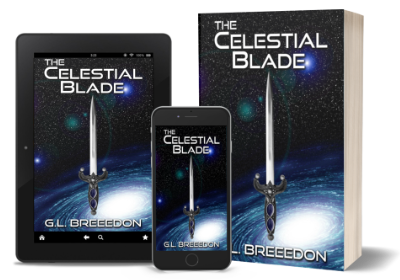There’s a somewhat interesting article in the Guardian on how Science Fiction approaches the subject of religion. It would be more interesting if it went into more detail and did more than scratch the surface of the subject, but the comments section fills in many of the gaps of the article itself. It’s an good, but unfortunately short, read. There is also a good entry on religious themes in science fiction at wikipedia.
Being an ordained in interfaith minister and a writer of science fiction and fantasy, I have plenty of thoughts about the use and presentation of religion in both speculative and fantastical literature. However, I’m behind on my writing and editing, so those will have to wait for some other day when I can afford time for a longer post.
In brief though, many science fiction writers are strong empiricists, steeped in the science of cosmology and evolution. They see no evidence of a supernatural being or beings that might have anything to do with our lives, or the existence of the universe, or life within it. They dismiss the idea of God and with it any possible usefulness of religion. Religious people end up seeming backward and religion gets painted as a source of infinite evil. This is a broad generalization, and I don’t have time to list examples.
In fantasy writing, religion often gets thrown in as cultural flavor, adding vague color to the background and setting, but rarely affecting the characters in any profound way. It’s used as a spice for a soup rather than the stock the soup is simmered in. Contrast that with the role of religion in the Middle Ages, which many fantasy stories use as inspiration for their setting.
On the other hand, both sci-fi and fantasy provide a playground where raising questions about religion, and where exploring theological issues is easier, because the fantastical setting removes it slightly from real life and makes it more palatable, even for those of deep religious faith.
My first novel, a YA sci-fi novel, The Celestial Blade, was all about the intersection of science and religion. The heroes of the story have to solve scientific and religious puzzles to save the day. And they learn to hold both faith and empirical thought as essential. Unfortunately it will probably be the last book I publish because it needs the most editing.
I’ll have to blog about this again when I have time. There are too many thoughts and they are not yet coherent.


